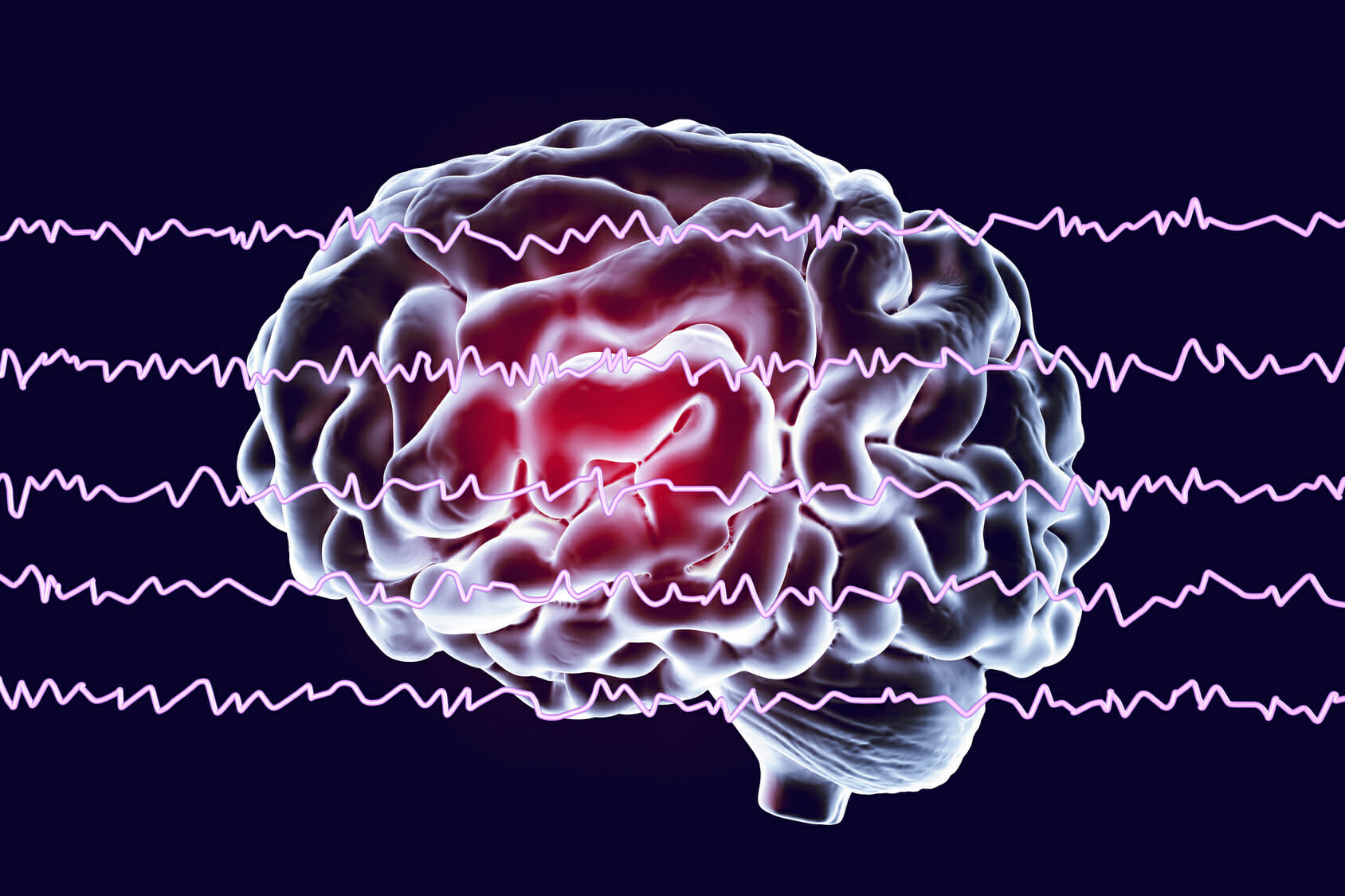There are various types of slumber disorders, including insomnia, sleep apnea, and unsettled leg syndrome. Sleeplessness is characterized by trouble going or remaining asleep, while slumber apnea involves interruptions in breathing during sleep. Unsettled leg syndrome causes discomforting feelings in the legs, resulting to an compelling urge to shift them. Each of these disorders can disturb the normal sleep cycle, which comprises of different stages, including light sleep, profound sleep, and REM (rapid eye movement) sleep. Each stage holds a crucial role in preserving overall brain health and performance.
When slumber disorders disturb with these stages, neural wave activity can become irregular. For instance, during deep sleep, the brain generates slow delta waves, which are essential for physical restoration and recall consolidation. If a individual experiences repeated awakenings or does not attain deep sleep, the production of these delta waves is diminished. This can result to challenges in acquiring new information and holding memories. Additionally, REM sleep, which is linked with dreaming and affective processing, is also impacted. Disruptions in REM sleep can lead to issues with emotional regulation and creativity.
The effect of slumber disorders on cognitive function is substantial. Research has demonstrated that individuals with sleep disorders often face difficulties with focus and concentration. This can affect their capability at educational institutions or work, making it challenging to complete tasks or engage in discussions. Furthermore, chronic slumber deprivation can lead to mood changes, heightened stress, and even anxiety or melancholy. These cognitive and affective challenges can create a vicious cycle, where poor sleep results to mental difficulties, which in turn can lead to more sleep problems.
Addressing slumber disorders is essential for improving brainwave activity and mental find out function. Treatment options may encompass habitual changes, such as establishing a regular slumber schedule, establishing a comfortable sleep environment, and engaging in relaxation techniques. In some cases, medical intervention may be necessary, such as employing a CPAP machine for sleep apnea or medication for sleeplessness. By valuing sleep and pursuing appropriate treatment, individuals can improve their overall cognitive abilities and improve their quality of life. Comprehending the connection between slumber disorders, brainwave activity, and mental function is an important step toward improved health and wellness.
